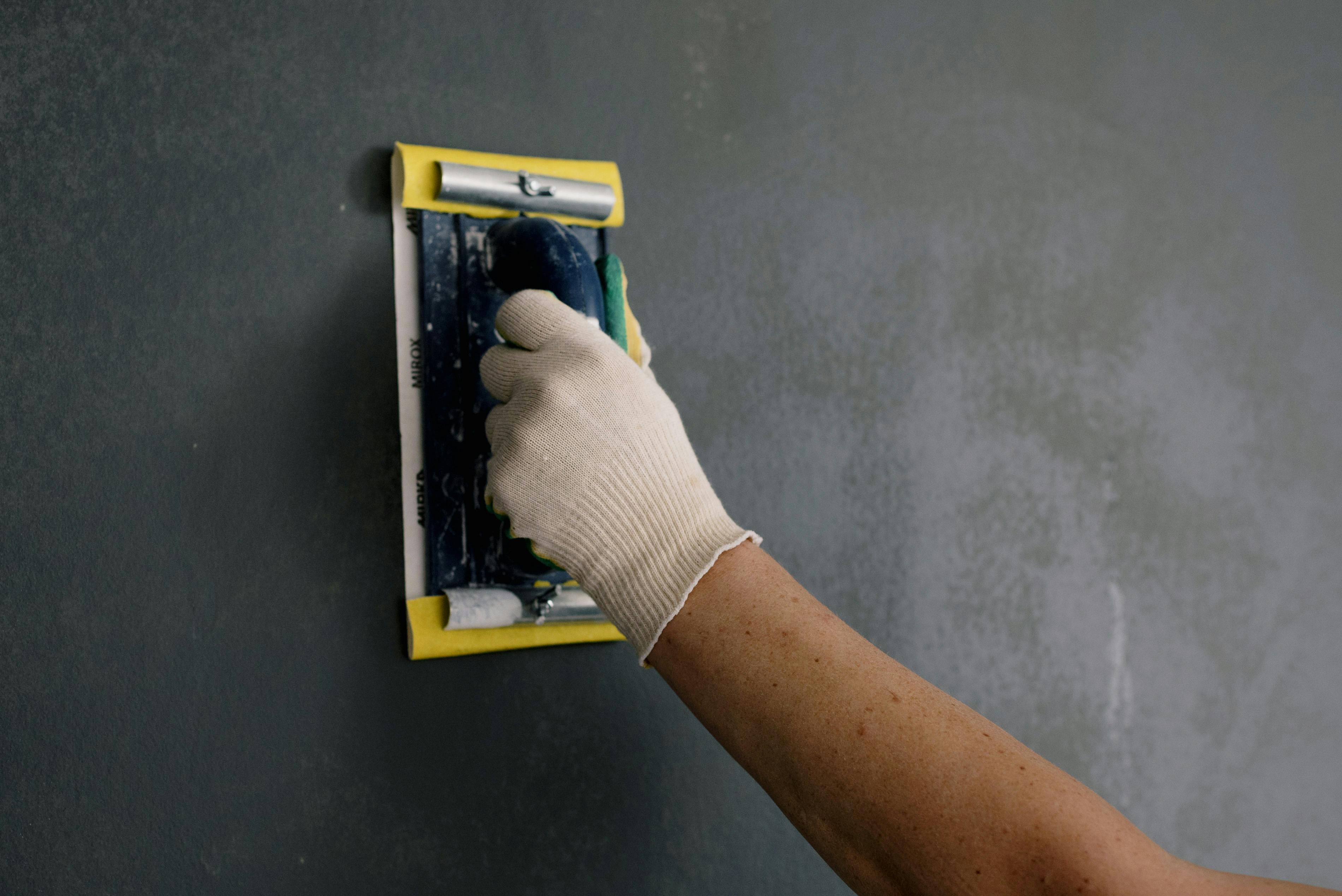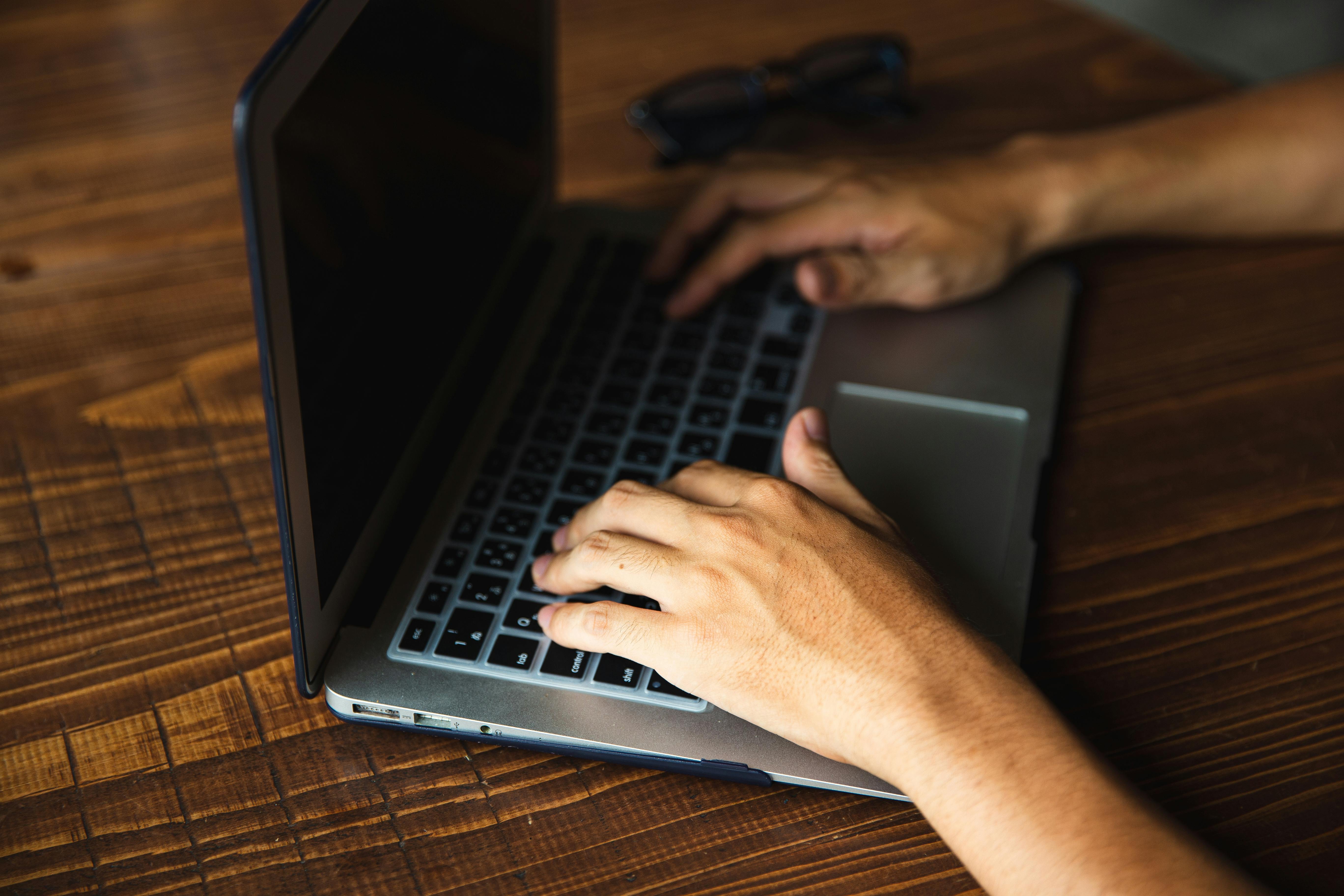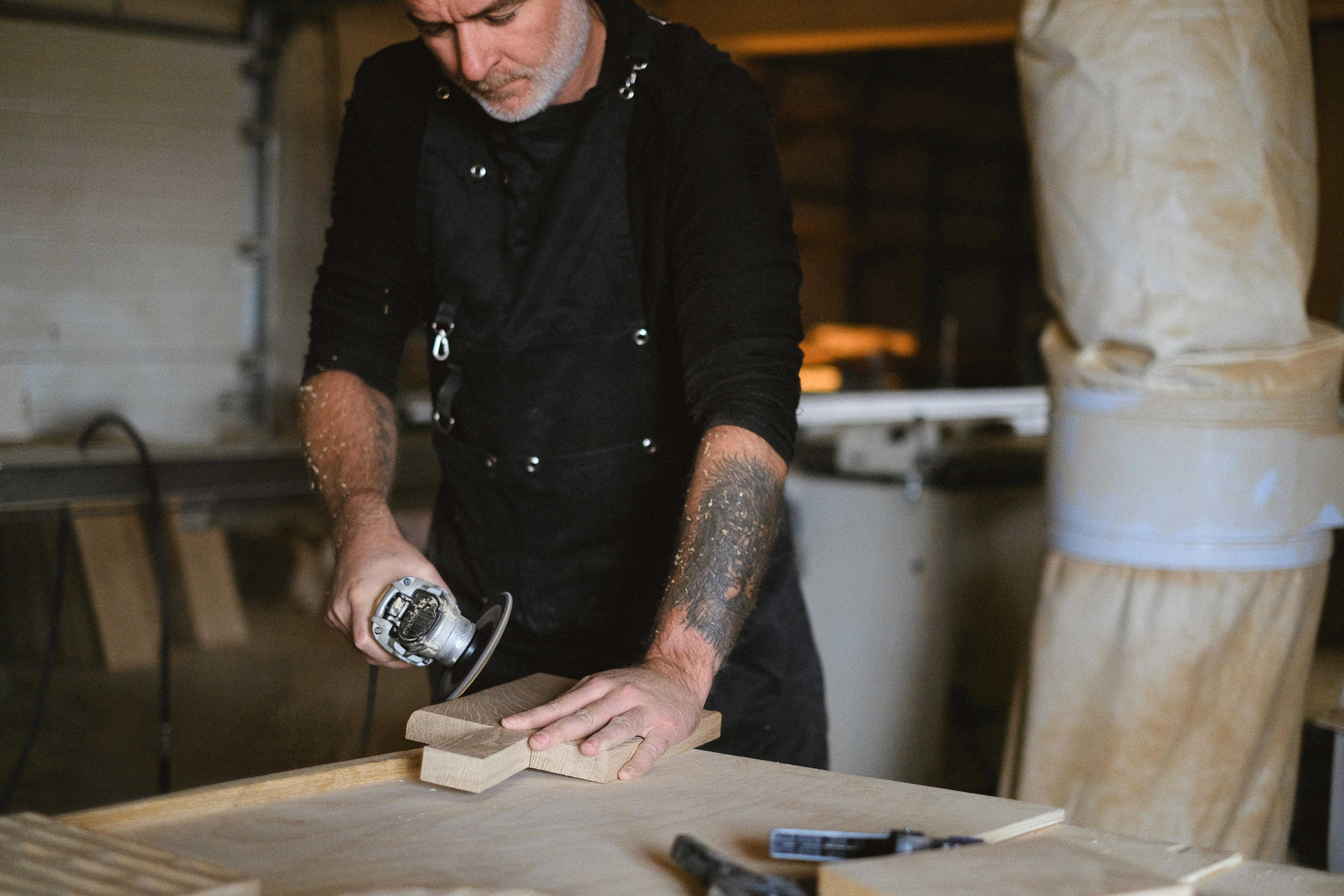Improve Energy Efficiency in My Home
Energy efficiency is the practice of working smarter and using less power. To create an energy-efficient home, a renewed focus on energy usage habits is necessary. It’s better for the environment and your wallet, too. Below are some tips to improve your home’s energy efficiency. Let’s start with the basics. Using energy-efficient appliances is a great way to cut down on your utility bill.
Keeping your house air-tight can reduce energy costs and add value. A house is a closed system, and any changes to one part will have a negative impact on other parts. For example, air leaks may require modifications to ventilation. Natural Resources Canada has a useful publication called Keeping the Heat in – Improve Your Home’s energy efficiency to Save Money

An energy audit can also provide ideas for energy-efficient projects. A good furnace will keep your house warm in the colder months, while an efficient heating system will make the house cozy in the winter. Having your home inspected by a qualified professional will help you identify energy-saving projects. Once you have identified areas for improvement, you can start work on making your home more energy efficient. There are many different ways to improve energy efficiency in your home.
How Can I Improve Energy Efficiency in My Home?
Sealing your house may be the best way to save energy. Weatherization professionals will be able to find leaks and drafts. The cost of these services depends on the square footage of your home. Additionally, energy-efficient upgrades to existing homes can qualify you for federal tax credits. This may include improvements to the heating/air-conditioning system and on-site renewables such as solar photovoltaic systems and geothermal heat pumps.
Using smart plugs can reduce phantom load. Phantom load is energy used by devices that are not in use. By grouping all infrequently used devices on one power strip, you can install smart plugs that help reduce phantom loads. If you use the same devices frequently, you can plug them into an Amazon smart plug or TP-Link Kasa. You can even save more energy by avoiding unnecessary appliances such as televisions and computers.
A home energy assessment, or energy audit, will help you determine ways to make your home more energy-efficient. These assessments will identify leaks in your home, as well as heating and cooling system problems. The assessment will include a series of tests and inspections. If you’re looking for a more permanent solution, consider hiring a professional to perform an energy audit of your house. By doing so, you’ll learn which upgrades will lead to the greatest energy savings.
Smart thermostats. With the help of smart thermostats, you can make your home energy-efficient. By controlling the temperature of different parts of your home, you can also control your bills. You can even program the thermostat to switch off or turn on automatically when you’re not home. In addition to smart lights, you can also invest in energy-efficient appliances. Even though these devices can help you save on energy bills, you should invest in energy-efficient HVAC systems for your home. The cost of HVAC systems is often the highest part of your monthly energy bill.



